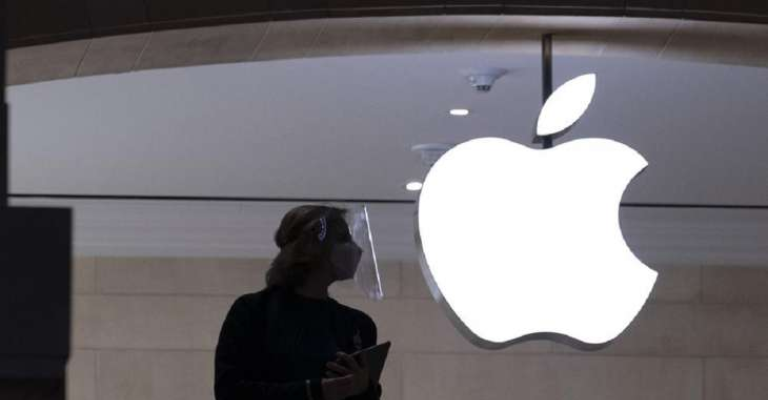Apple has won its antitrust-focused appeals court battle against Fortnite maker Epic Games over its App Store policies, according to an opinion issued by the U.S. Ninth Circuit Court of Appeals on Monday.
The court upheld the district court’s earlier ruling in favor of Apple, which had largely dismissed Epic Games’ antitrust claims. However, it also upheld the lower court’s judgment in favor of Epic under California’s Unfair Competition Law.
The court’s decision is a significant setback for Epic Games and other developers who were hoping the ruling would set a precedent for further antitrust claims and require Apple to open iOS devices to third-party app stores and payment systems. Epic Games had originally sued Apple in 2020 after forcing Apple to remove Fortnite from the App Store for violating the App Store terms over in-app purchases.
Apple largely won the lawsuit when the judge declared that it was not acting as a monopolist, but the court sided with Epic Games on the matter of Apple’s anti-steering policies regarding restrictions on in-app purchases. It said that Apple would no longer be able to prohibit developers from pointing users to other means of payment.
Both Apple and Epic Games appealed the ruling. In its statement following the decision, Apple said the ruling “reaffirms Apple’s resounding victory in this case, with nine of ten claims having been decided in Apple’s favor.” The company added that it was “proud” of the App Store’s contributions to users and developers and that it was considering further review of the court’s ruling on the remaining claim under state law.
The appeals court panel affirmed the district court’s denial of antitrust liability and its corresponding rejection of Epic’s illegality defense to Apple’s breach of contract counter-claim. However, it also noted that the district court had erred in defining the relevant antitrust market and in holding that Apple’s Developer Program Licensing Agreement fell outside the scope of the antitrust law known as the Sherman Act. The panel upheld the district court’s ruling in favor of Epic Games within the scope of California’s Unfair Competition Law.
Overall, the court’s decision largely upholds Apple’s App Store policies and is a significant win for the company. However, it also means that the anti-steering changes the district court previously decided on would once again be required. Apple has not yet issued an appeal for this part of the decision.



![[CITYPNG.COM]White Google Play PlayStore Logo – 1500×1500](https://startupnews.fyi/wp-content/uploads/2025/08/CITYPNG.COMWhite-Google-Play-PlayStore-Logo-1500x1500-1-630x630.png)